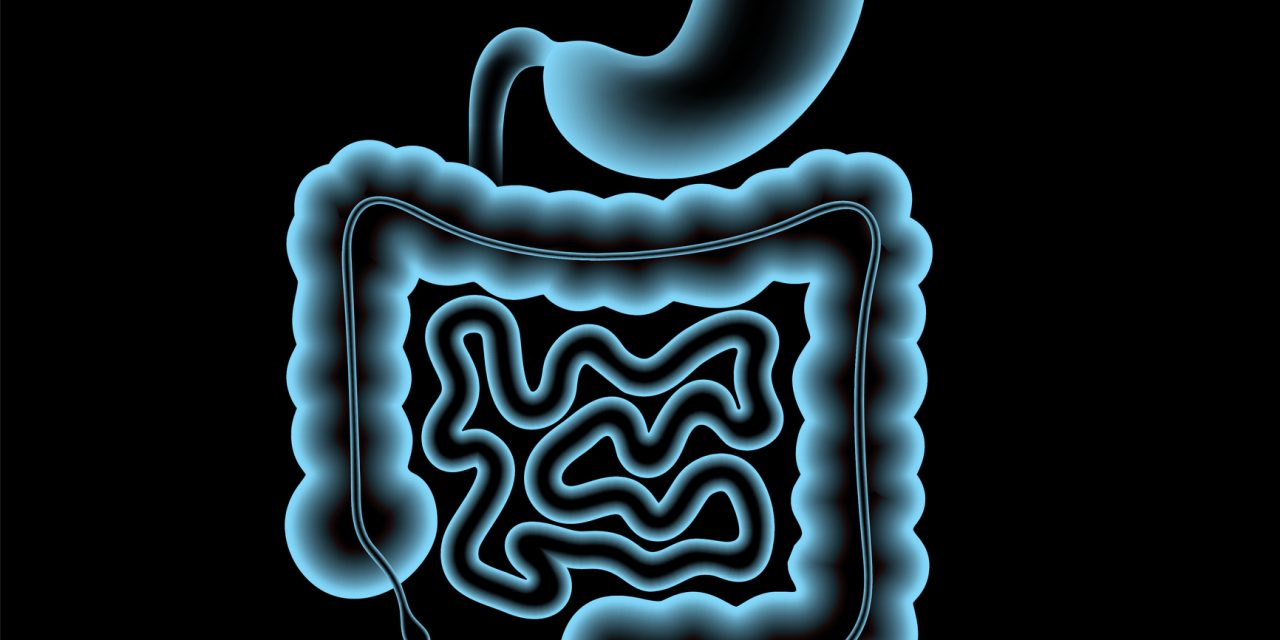The long noncoding RNA (lncRNA) LINC00520 is an important modulator of the oncogenicity of multiple human cancers. However, whether LINC00520 is involved in the malignant characteristics of colorectal cancer (CRC) has not been extensively studied until recently. Therefore, the present study aimed to detect LINC00520 expression in CRC and evaluate its clinical significance in patients with CRC. Functional experiments were conducted to test the biological roles and underlying mechanisms of LINC00520 in CRC progression. In this study, high-LINC00520 expression was verified in CRC tissues and cell lines, and this high expression was associated with patients’ unfavorable clinicopathological parameters and shorter overall survival and disease-free survival. Functionally, interference of LINC00520 resulted in a significant decrease of CRC cell proliferation, migration, colony forming ability, and invasion. Mechanistically, LINC00520 functioned as a competing endogenous RNA by sponging microRNA-577 (miR-577) and thereby increasing heat shock protein 27 (HSP27) expression. Rescue experiments revealed that inhibiting miR-577 or restoring HSP27 could abrogate the effects of LINC00520 silencing on malignant phenotypes of CRC. LINC00520 functioned as an oncogenic lncRNA in CRC, and it facilitated CRC progression by regulating the miR-577/HSP27 axis, suggesting that the LINC00520/miR-577/HSP27 axis is an effective target in anticancer management.
Long noncoding RNA LINC00520 accelerates the progression of colorectal cancer by serving as a competing endogenous RNA of microRNA-577 to increase HSP27 expression.


